How to Choose the Right Backup Generator
This week's Disaster Preparedness Tip is offering some valuable insights to researching and purchasing a backup generator. The chance of an extended power outage is very real and should be factored into your family’s emergency preparedness plan. A backup generator is an excellent investment for your home and family’s safety during an interruption in electrical power.
Calculate the Power That You Will Require
How much power will enable you to use appliances and equipment connected to the generator.
Household Generators
Household generators can supply temporary power for a select number of appliances and lights. The light bulb wattage is an indication of the amount of power required for lighting your home. The power requirements of appliances and equipment are indicated on their labels. Ask an electrician if you are unsure of the power required.
Select the Generator's Fuel Source
Backup generators can be powered by diesel fuel or natural gas. Both have their advantages and disadvantages. Talk to your utility company, an engineer and/or sales representative who can help you determine the right generator for your specific needs.
Stationary Generators
Stationary generators, that are permanently installed, are more suitable for providing backup power to your home. Some portable generators can be more problematic and can be prone to the risk of becoming overloaded or overheated. This can lead to a generator failure during a time you are counting on it. Diligent research should be taken on any generator purchase
Check the Power Output
Make certain your generator generates more power than the electrical devices that you connect to it. Be sure to include the initial surge of power when it is turned on. Before you connect any electrical devices to a generator, make sure they are off. After the generator has started, turn each device on one at a time. Before switching back to utility service, turn them off again.
Disclaimer: Every emergency is unique, so it is vital for your safety to follow the instructions of your state and your local emergency management authority and local utilities. DOE's website contains general information and does not endorse any material or service. To ensure safety, you should not engage in activities that could affect utility services like electricity or natural gas without contacting your local utility to follow their safety tips and codes.
Visit ready.gov for additional resources on emergency planning. You may also find helpful guidance from local and state emergency management authorities.




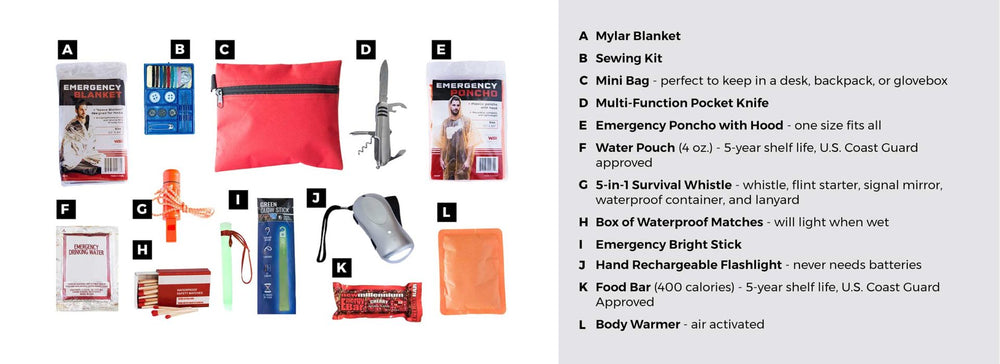


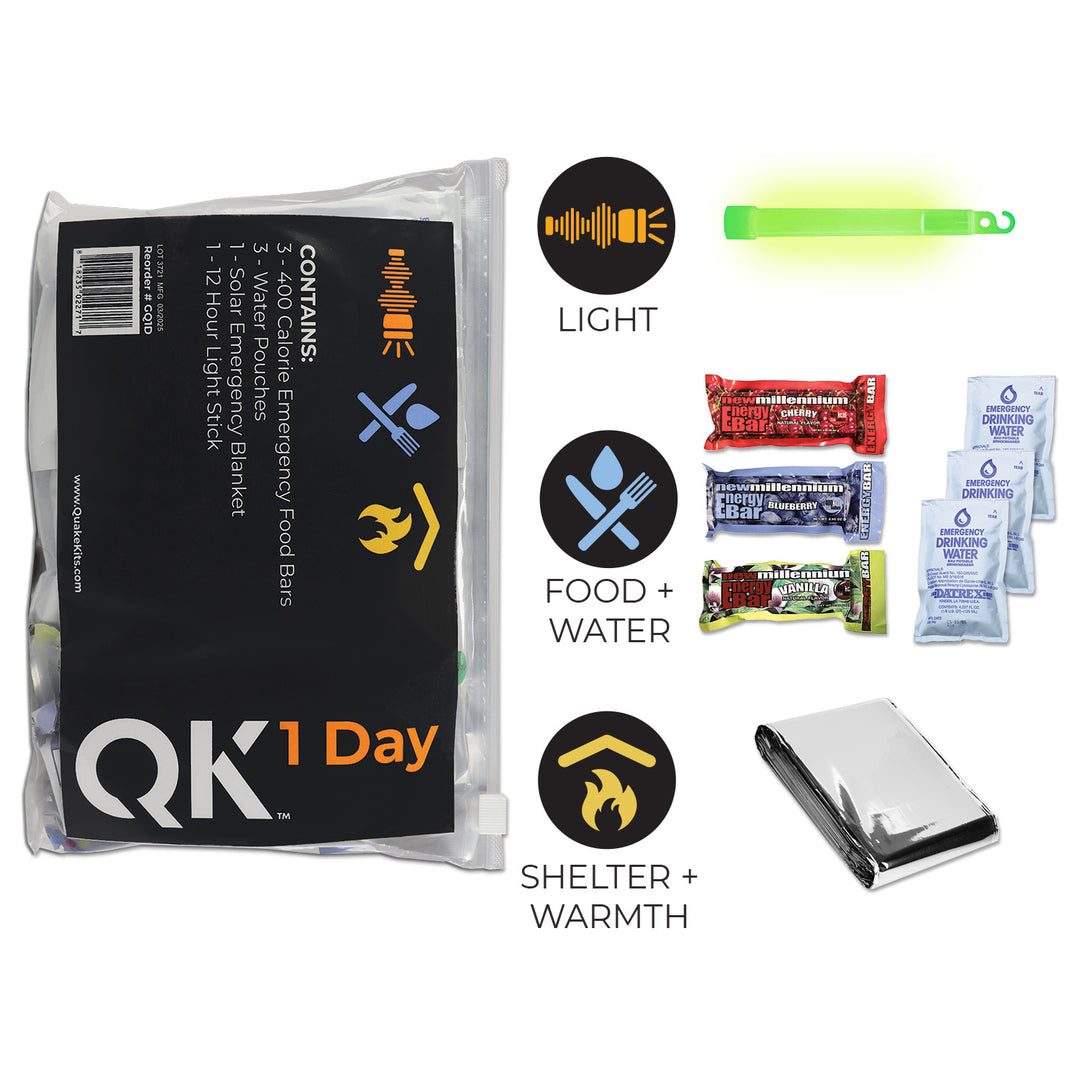
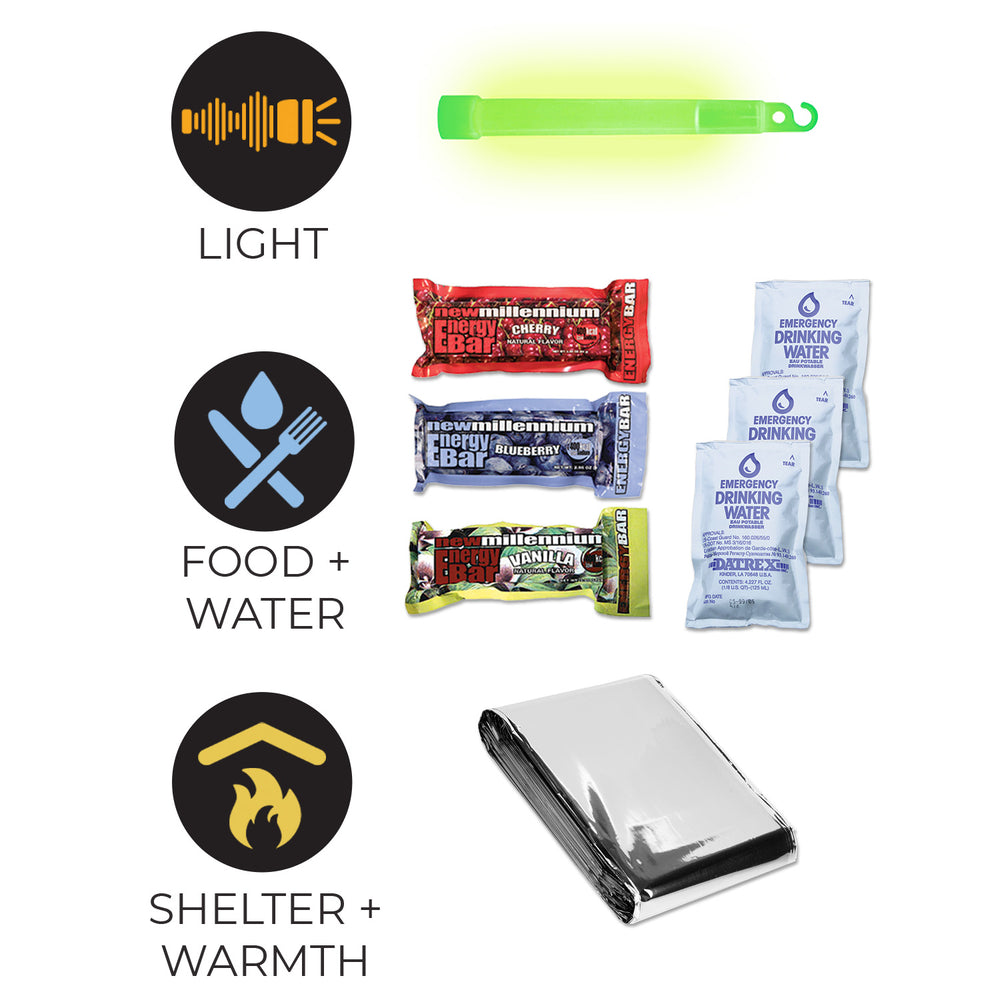



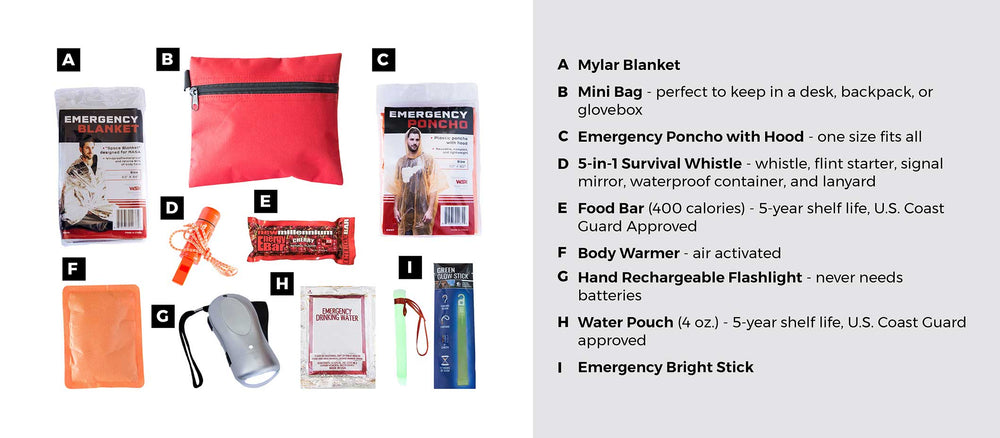















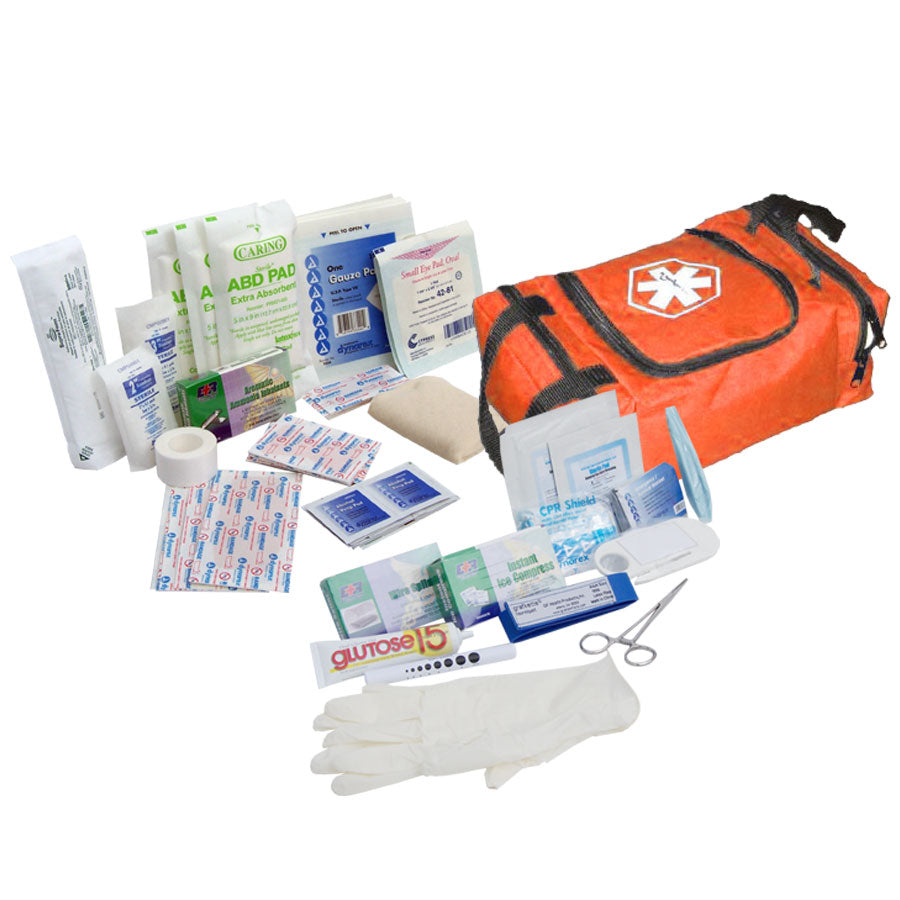
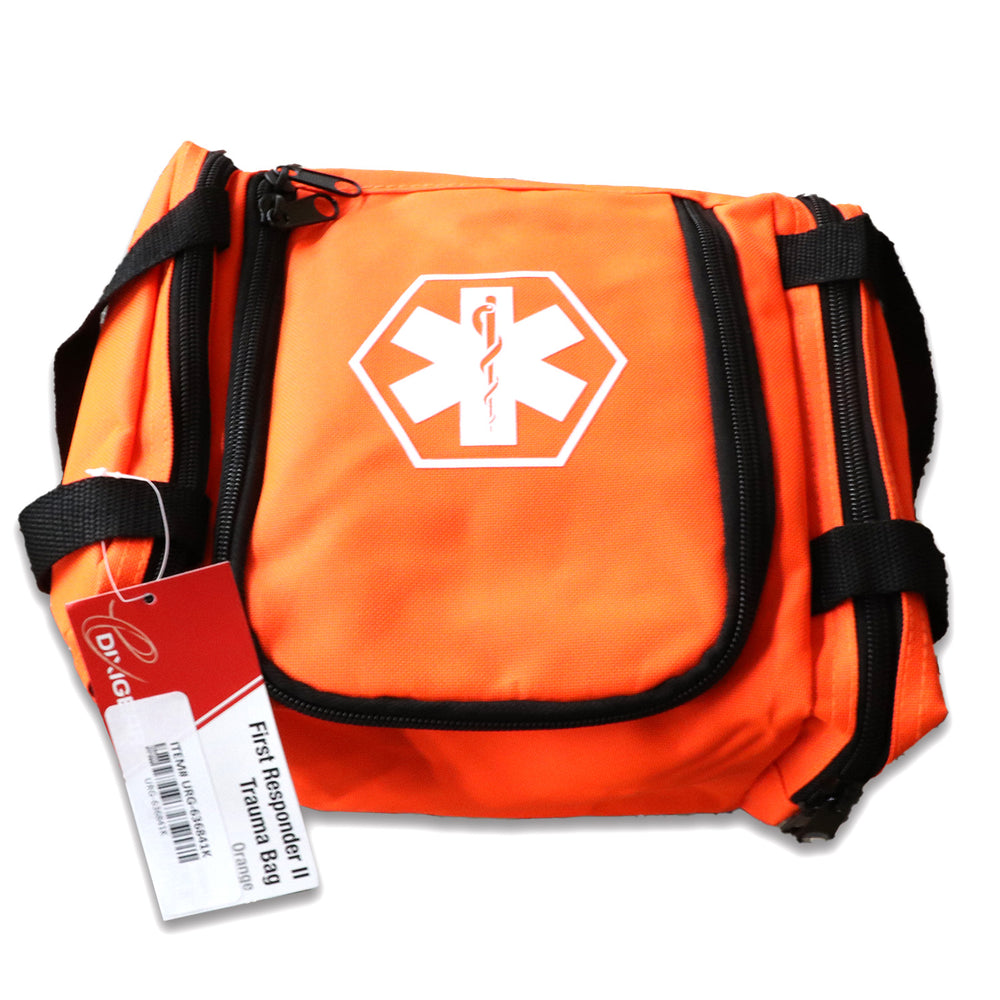





Leave a comment